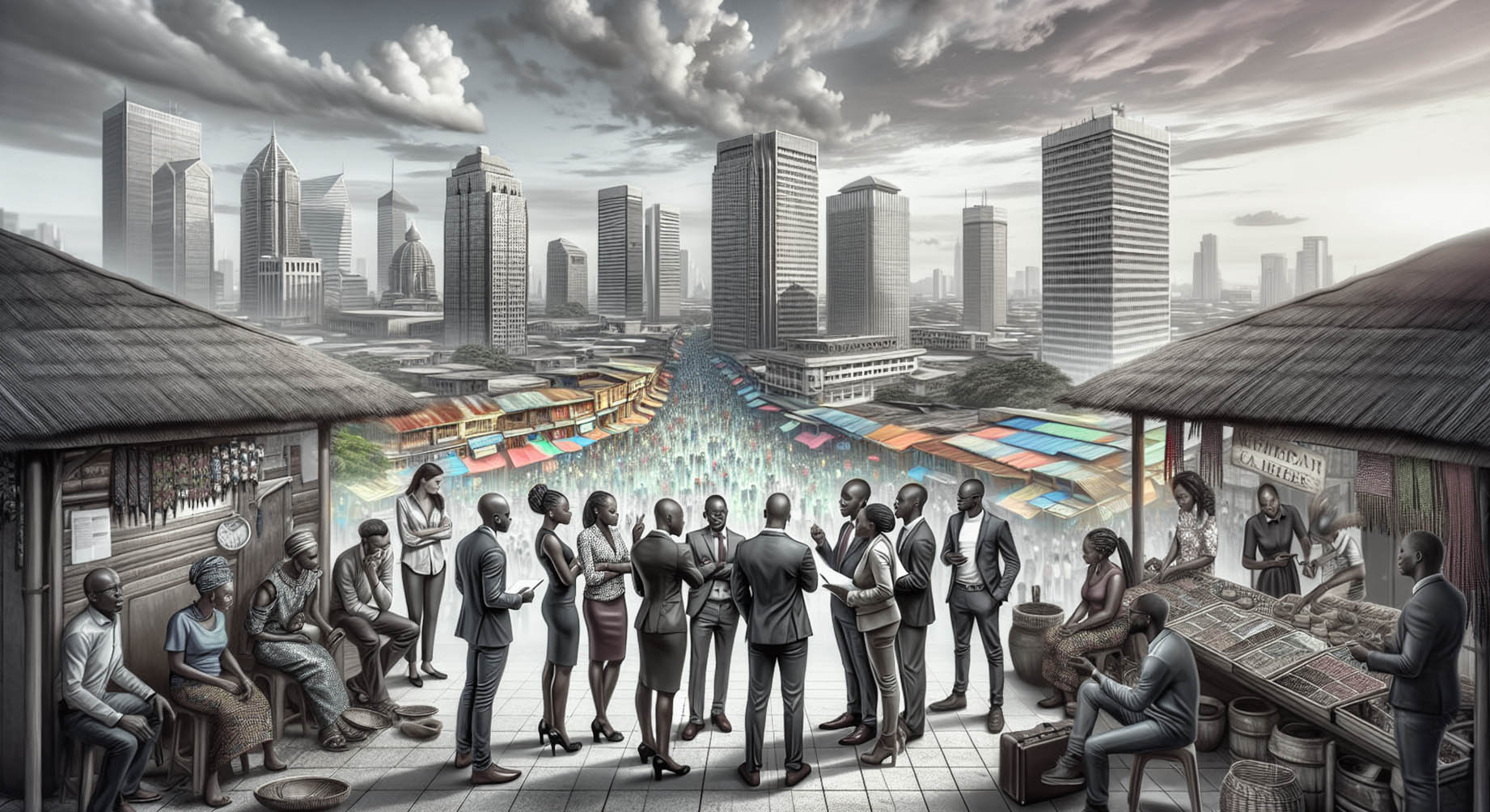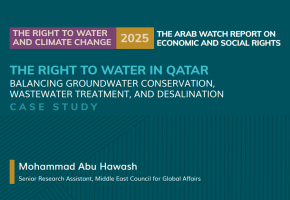

The Global Capitalist Crisis and Africa’s Future - Mwaura Kaara
The global capitalist system, characterized by the interdependence of economies and financial markets, has faced numerous crises over the years. These crises, often originating in the world’s largest economies, have ripple effects that reach even the most remote corners of the globe. Africa, with its unique socio-economic landscape, is particularly vulnerable to these global economic shocks. This article explores the multifaceted impacts of the global capitalist crisis on Africa and discusses potential pathways for the continent’s future resilience and growth.
African economies heavily rely on exporting raw materials such as oil, minerals, and agricultural products. When global capitalist crises occur, they often result in significant fluctuations in commodity prices. For instance, the 2008 financial crisis led to a drastic drop in oil prices, severely impacting oil-exporting countries like Nigeria and Angola. Similarly, the COVID-19 pandemic caused disruptions in global supply chains, affecting the export of agricultural products from countries like Kenya and Ethiopia. These price volatilities can destabilize national economies, reducing government revenues and increasing budget deficits.
Economic instability on a global scale often leads to a decline in foreign direct investment (FDI) in African countries. Investors thus become more risk-averse, preferring to invest in more stable economies. This reduction in FDI can halt infrastructure projects, stymie economic growth, and reduce employment opportunities. For instance, during global economic downturns, mega projects in sectors like mining, energy, and construction often face delays or cancellations, depriving African countries of much-needed development and job creation.
To stabilize their economies during crises, many African nations resort to borrowing. This borrowing increases their debt burden, leading to long-term economic challenges. High levels of debt can result in dependency on international financial institutions such as the International Monetary Fund (IMF) and the World Bank, which often impose austerity measures as conditions for lending. These measures can lead to cuts in social spending, exacerbating poverty and inequality.
Economic downturns typically lead to job losses and increased poverty rates. In Africa, where a significant portion of the population already lives in vulnerable conditions, the impact can be devastating. The informal sector, which employs a large number of Africans, is particularly hard hit during economic crises. Job losses in this sector can push millions into poverty, exacerbating social inequalities and undermining social cohesion.
Economic hardship often drives people to migrate in search of better opportunities. This migration can occur both within Africa and to other continents. Intra-African migration can lead to increased pressure on urban areas, where infrastructure and services are often already overstretched. International migration can result in brain drain, where skilled professionals leave the continent, depriving African countries of the talent needed for development.
Economic crises can strain governance systems, leading to political instability and conflict. Governments may face increased pressure to manage economic grievances and social unrest. For example, austerity measures imposed by international financial institutions can lead to public protests, as seen in countries like Zimbabwe and Sudan. These protests can escalate into broader political crises, undermining governance and stability.
In response to economic crises, African governments may need to adopt a range of policy measures. These can include austerity measures, which are often unpopular and can lead to protests and social unrest. Alternatively, governments might seek to implement more progressive policies to protect the most vulnerable populations. These policies can include social safety nets, targeted subsidies, and public works programs to create jobs and stimulate economic activity.
To generate revenue, African countries may increase the exploitation of natural resources during economic crises. This can lead to environmental degradation and the loss of biodiversity. For example, increased mining activities can result in deforestation, water pollution, and habitat destruction. Such environmental degradation can have long-term negative impacts on the health and livelihoods of local communities.
The focus on economic recovery during crises can overshadow environmental considerations, slowing down efforts to combat climate change. This is particularly concerning for Africa, which is disproportionately affected by climate change. Increased temperatures, changing rainfall patterns, and more frequent extreme weather events threaten food security, water resources, and human health. Balancing economic recovery with environmental sustainability is therefore crucial for the continent’s future.
One of the key strategies for mitigating the impact of global capitalist crises is economic diversification. By reducing reliance on commodity exports, African countries can build more resilient economies. This involves developing manufacturing sectors, enhancing agricultural productivity, and investing in technology and innovation. For instance, Ethiopia’s focus on industrial parks and manufacturing has helped diversify its economy and create jobs.
Strengthening regional economic communities (RECs) can help African countries build resilience by enhancing intra-African trade and economic cooperation. Initiatives like the African Continental Free Trade Area (AfCFTA) aim to create a single market for goods and services across the continent. This can boost economic growth, create jobs, and reduce dependency on external markets.
Embracing sustainable development practices is essential for balancing economic growth with environmental protection. African countries can invest in renewable energy, sustainable agriculture, and conservation efforts to ensure long-term stability. For example, Morocco’s investment in solar energy has positioned it as a leader in renewable energy in Africa.
Developing robust social protection systems can mitigate the impact of economic crises on vulnerable populations. These systems can include unemployment benefits, food assistance programs, and healthcare subsidies. By providing a safety net, governments can promote social stability and cohesion during economic downturns.
Enhancing education, healthcare, and skills development is crucial for preparing African populations to adapt to changing economic conditions. Investing in human capital can drive future growth and innovation. For instance, countries like Rwanda have made significant investments in education and technology, fostering a skilled workforce and attracting technology companies.
The global capitalist crisis presents significant challenges for Africa but also offers opportunities for resilience and growth. African countries can build a more stable and prosperous future by focusing on economic diversification, regional integration, sustainable development, social protection, and human capital investment. These strategic responses can help mitigate the impact of global economic shocks and pave the way for a more resilient and sustainable continent. Africa’s future depends on its ability to adapt to global economic realities while leveraging its unique strengths and potential.
Mwaura Kaara
This article is part of a series written by participants of Global South Study Week 2024 and does not necessarily reflect the views of ANND.
Recent publications
